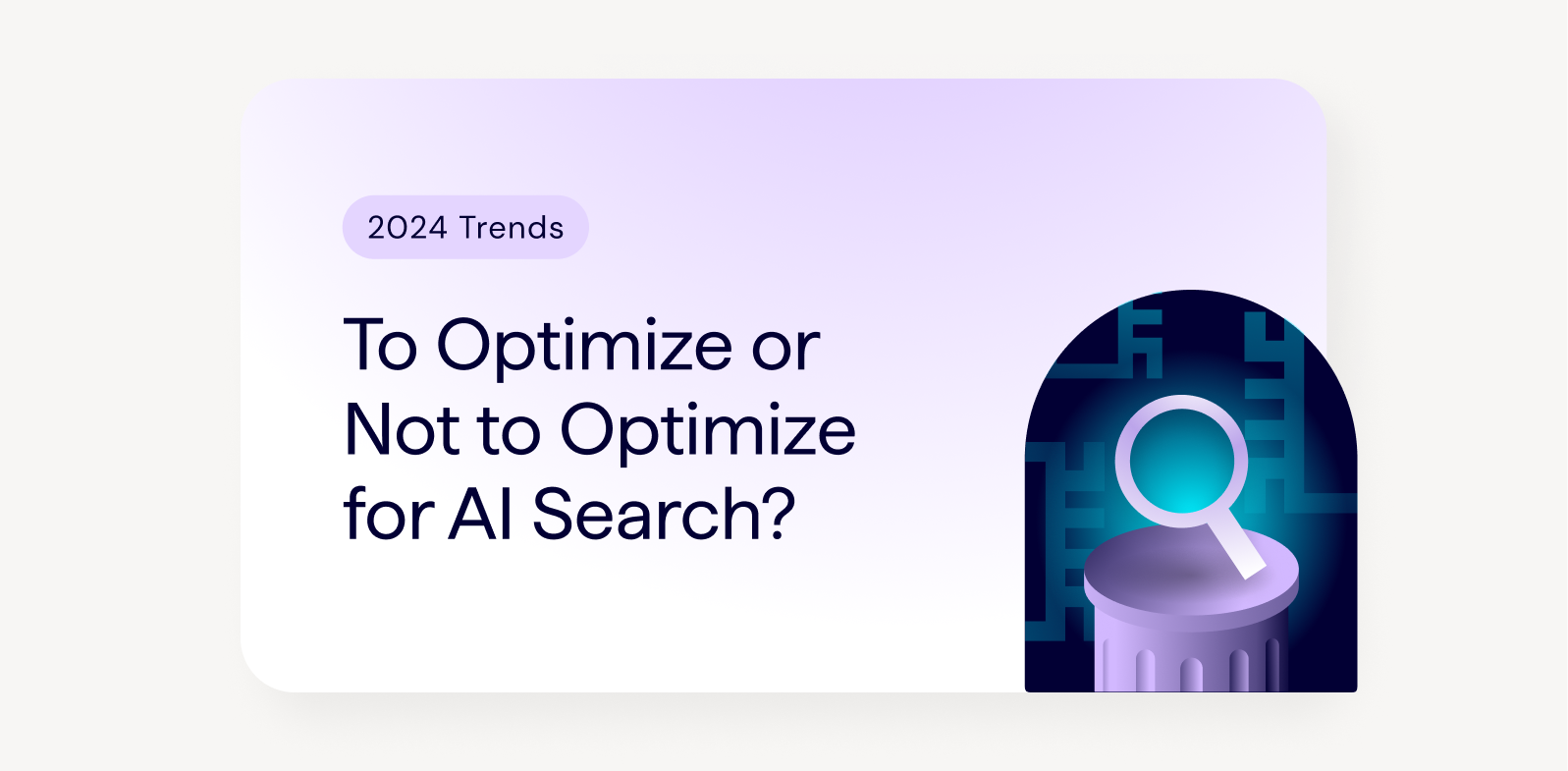Google’s 2021 Chrome Dev Summit took place this week, offering web developers and SEOs a chance to deep-dive into the latest updates happening with Google’s Chrome browser and other note-worthy Google initiatives.
For SEOs, a major takeaway from this event is the news that Core Web Vitals are continuing to evolve. As Google telegraphed from the beginning, the first round of Core Web Vitals was just the starting point for a multi-year rollout. At CDS 2021, that promise became tangible. Our take on these latest announcements is that website performance and user experience will continue to grow as core components of technical SEO. Our collective standards for web experiences will continue to rise as sites optimize more around these measures.
SEOs who can integrate with development teams and collaborate across the growing network of website stakeholders to address the underlying structures and processes that cause poor page experiences will be best positioned to benefit from these high user standards.
Proposed Additions to Core Web Vitals Metrics
Google has announced two new Web Vitals that are under consideration—and they are asking developers and users to weigh in with their opinions. These measures signal that good page experiences extend beyond the speed and stability of initial page load.
- Responsiveness: This proposed new metric would monitor and measure overall page responsiveness to users’ inputs throughout their user journey, not just on initial page load. The idea here is to create a Core Web Vital metric that better identifies delays related to user actions taken on a page throughout the event’s full duration (ignoring any overlap in events), rather than just monitoring for any latencies related to theinitial interaction.
Part of this potential metric would also involve grouping individual user gestures into more comprehensive “interactions” (or “groups of events that are dispatched as part of the same, logical user gesture”).
- Smoothness: The proposed ‘smoothness’ metric would monitor websites for animations that ‘stutter’ or freeze during page scroll, making for a more disruptive user experience.
While animations can work in several ways (including adjusting layout, paint, or composite properties), Google’s recommendation for smoother animation is to define animations in terms of composite property changes. If smoothness is added as a Core Web Vital, it may soon be more important than ever to ensure that your websites are creating animations with the most efficient coding methods—and to test your code to ensure that everything is running smoothly. (It’s worth noting here that Chrome DevTools offers an Animation Inspector that may be useful if you want to better inspect and modify your website’s animations.)
While these new metrics are not yet officially implemented as part of Google’s Core Web Vitals, they appear to be under serious consideration for adoption in the near future and it’s worth keeping an eye out for further news here, as Core Web Vitals are, of course, now a notable ranking factor in Google’s search algorithm.
New Google Tools for Core Web Vitals Testing
Google is updating its offering of ChromeDev tools focused on performance and UX. The creation of new tools and improvements on existing ones may herald the direction Google will go in when evaluating site performance in the future. With the launch of Core Web Vitals earlier this year combined with these ongoing Chrome DevTools releases, it’s clear that website performance and overall technical website health are increasingly important for organic search.
Among the new developer tool updates are:
- A forthcoming new UI in Google’s Page Speed Insights to support ease of use, including further distinctions between field data vs. lab data.
- A new user flow API is available now in Lighthouse to create and track performance throughout a user journey.
- A new Recorder Panel in Google DevTools, available to preview now in Chrome Canary, to support the move toward analyzing performance based on multi-action and multi-page user flows rather than a single page load.
For more Deepcrawl coverage on the latest SEO-related updates from Google, check out our ongoing series of “SEO Office Hours” recaps, compiled by our in-house team of SEO experts, the Deepcrawl Professional Services team



